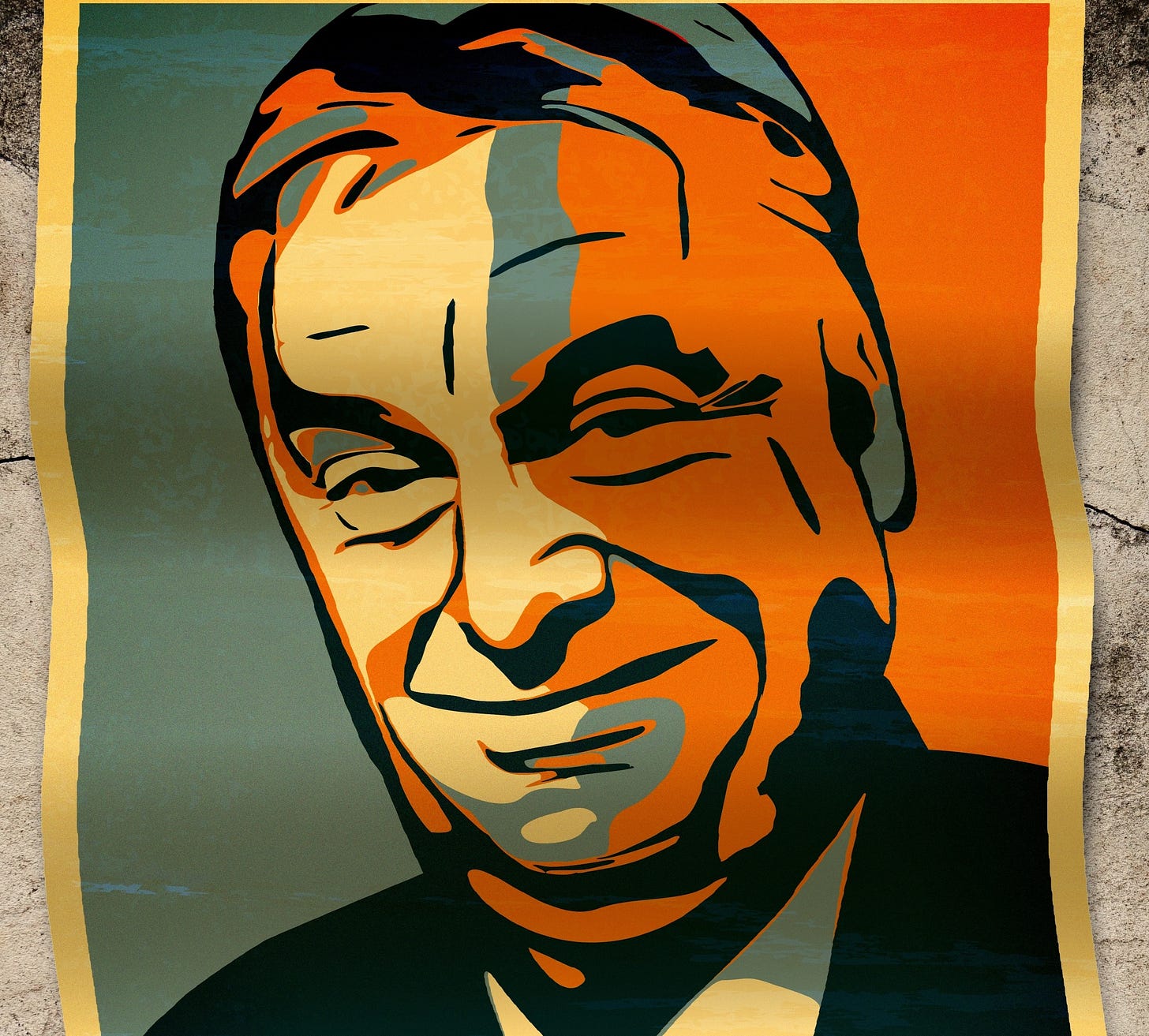On July 1, 2024, Hungary took over the Presidency of the Council of the European Union. Prime Minister Viktor Orban has long been a thorn in the side of many member states, partly because of his restrictive migration policy. Meanwhile, Hungary is providing valuable assistance to African countries, says the author.

By Volker Seitz
Since Victor Orbán's criticism of European migration policy and his statement that European politicians "encourage migrants and give the impression that it is worth going", the European media has claimed that racism is part of everyday life in Hungary. Orbán has refused to accept illegal migrants since 2015 as they are seen as a "threat to public safety". As Victor Orbán recently said at the National Conservatism Conference (NatCon) in Brussels, there are still no illegal immigrants (e.g. from Africa) in his country. On the other hand, the Orbán government is becoming increasingly involved in individual African countries. How does that fit together?
Hardly anyone takes note of the fact that thousands of Africans have come to Hungary in recent years to study at prestigious universities. Hungary has also taken in hundreds of students from Ghana who fled Ukraine at the start of the war. The students were offered to pay the same low tuition fees as in Ukraine. Are Africans going to a "racist country"?
There are currently around 8,000 Africans living in Hungary, 2,600 of whom - from 25 African countries - are studying at Hungarian universities. A few hundred of them - I don't (yet) know the exact number - have received scholarships from the Hungarian state.
Some practical examples of Hungarian involvement
Uganda
Hungary has helped to strengthen Uganda's financial sector against cyber attacks and to secure the mobile payment system. The cyber security project was financed by the Hungarian state with 3.9 million euros and implemented by a Hungarian company.
Hungary also financed the construction of three schools in the largest refugee camp in Uganda, helped to modernize the public administration system and set up a mobile health center and a cardiology hospital.
Chad
The agency "Hungary Helps"1, founded in 2019, recently opened its first representative office for humanitarian aid on the continent in N'Djamena, the capital of Chad. According to its own statement, "Hungary Helps" wants to help prevent people from being driven into emigration by providing emergency aid. Help should go to where the problems are and not bring people in need to Europe. The maxim is to involve the local population and place projects in their hands as quickly as possible.
The right-wing liberal Orbán government continues to be met with mistrust from the EU. Most recently in March 2024, when Hungary contributed 200 soldiers (with Victor Orbán's son Gáspár, trained at the Royal Military Academy Sandhurst) to peacekeeping operations in Chad. France in particular is annoyed because the Orbán government did not consult with France.
The Hungarian military arrived in Chad as part of a bilateral agreement. If the German media - in line with France - accuse the Hungarian soldiers of lacking local knowledge, experience with complicated ethnic conflicts or communication, then they have probably forgotten the Bundeswehr's Congo mission from 2003 to 2014. To this day, there is no comprehensive account of the mission, neither for the Bundestag nor for the public.
Around 1,000 French troops are still stationed in Chad. Since independence, Paris has maintained one of its largest military bases in the capital of its former colony N'Djamena (formerly Fort Lamy). France has always controlled Chad and regards it as its sphere of influence (sa chasse gardée).
French politicians are clearly not yet ready to lose their influence in the former colony of Chad. However, keeping presidents in power who suit French interests has greatly damaged the reputation of the former "Grande Nation" (self-assessment). The coups d'état in Guinea, Niger, Mali and Burkina Faso had different backgrounds, but everywhere people cheered on the coup leaders; French flags often burned at these demonstrations, accompanied by the slogan "A bas la France" ("Down with France").
The government of Chad remains one of the last allies of the French. The anti-French sentiment in the Sahel region has not yet reached Chad.
Sierra Leone
At a business forum with thirty Hungarian companies, cooperation was agreed with Sierra Leone in the areas of food security (food) and agriculture with the help of the University of Agricultural and Life Sciences (MATE). MATE conducts research in areas such as crop cultivation, food security and nutrient-rich plants, as well as sustainable water management.
In addition, investments are being made to ensure access to clean drinking water for more than 300,000 people.
84 students from Sierra Leone are already studying in Hungary.
Conclusion
Victor Orbán was democratically elected by a large majority and obviously has the support of the majority of Hungarians to enforce his view of democracy and the rule of law. The above bilateral examples - Hungary also provides official development assistance (ODA) via multilateral channels (IMF, World Bank, UN institutions) in the form of financial contributions, mandatory membership fees and voluntary contributions - show that the inflationary insinuations made in the media against Hungary, for example in relation to Africans, are unfair.
As funds are limited, the country concentrates on selected areas and projects (see above). For Hungary, the best form of development assistance is technical assistance, the promotion of education, training and the secondment of experts.
Unlike in Germany, it is not considered wrong to take economic interests into account when making development policy decisions.
This text was first published in German on Achgut and translated into English by me; I also added the footnote. The author, Volker Seitz, was ambassador to Africa for seventeen years. He is wrote the bestseller "Afrika wird armregiert" (Africa is being governed into poverty), dtv, 11th edition 2021.
Guest posts do not automatically reflect the opinion of the blog owner.
Hungary Helps calls itself an "independent government agency that works as a charitable non-profit.


